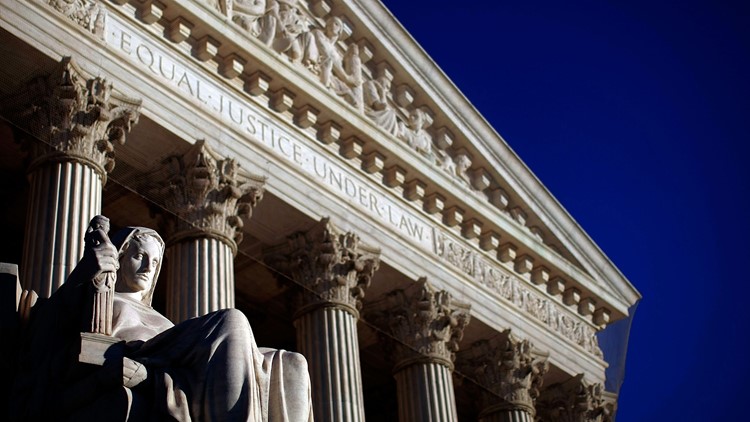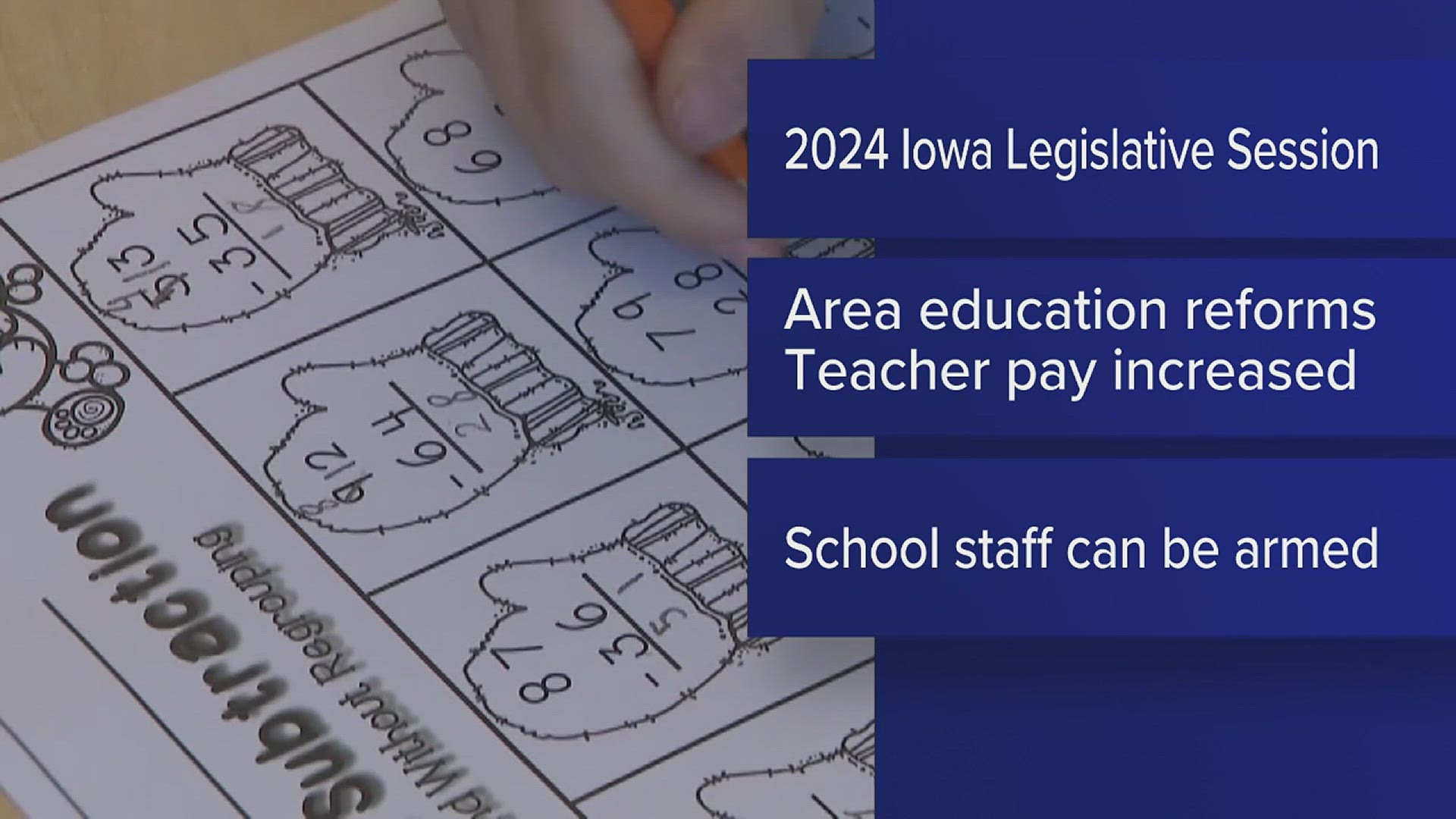Washington D.C. (Illinois News Network) – Another Illinois case dealing with mandatory union fees is getting the go-ahead for reconsideration from the U.S. Supreme Court, and it could mean a refund of billions of dollars in fees unconstitutionally forced from government workers.
The nation’s highest court Thursday granted a request to take up the Illinois case Riffey v. Rauner, which seeks a refund of $32 million in agency fees from more than 80,000 personal assistants without their permission. The Supreme Court found such fees unconstitutional back in the 2014 case Harris v. Quinn, siding, in part, with Illinois home healthcare worker Pam Harris against an Illinois state law requiring fees to the Service Employees International Union.
The nation’s high court vacated the lower court’s decision in Riffey vs. Rauner and kicked the case back to the district court for further consideration “in light of Janus v. State, County, and Municipal Employees,” which found forced fees violated free speech rights of workers that don’t want anything to do with a union.
National Right to Work Foundation President Mark Mix said this is good news for workers.
“We’re going to be able to get the money back for those home healthcare workers in Illinois and we may be able to get the money back for every government employee across the country that has been forced to pay these fees,” Mix said.
If granted, Mix said the fee refund wouldn’t be open-ended, it would only go back to 2012 when the U.S. Supreme Court found workers not part of a union needed to be sent notice of opting out of special fees.
Before Wednesday’s ruling on Janus and in response to the petition for the Supreme Court to take up the case, SEIU’s filing back in May said the lower courts already ruled on the matter.
“[T]he answer to that question about ‘First Amendment injury’ could not change the judgment below,” lawyers for the union wrote. “The district court denied petitioners’ class certification motion on independent grounds that petitioners do not challenge, and the court of appeal affirmed the judgment on those independent grounds. Further review is therefore not warranted.”
Messages seeking comment from SEIU were not immediately returned Thursday. Illinois Attorney General Lisa Madigan’s office said “we don’t have a comment.”
Attorneys for Gov. Bruce Rauner filed a waiver earlier this year that indicated they would not respond to the plaintiff’s petition, stating there are multiple respondents, “and I do not represent all respondents.”
At stake in Riffey vs. Rauner is $32 million in fees from home healthcare workers. Mix said the majority opinion Wednesday in the Janus case was telling.
“They said that this money was taken, they literally said billions and billions of dollars that were taken when there should have been no reliance on the Abood structure standing,” Mix said.
The Abood decision from 1977 that allowed mandatory agency fees was overturned by the Janus decision on Wednesday.
“We recognize that the loss of payments from nonmembers may cause unions to experience unpleasant transition costs in the short term, and may require unions to make adjustments in order to attract and retain members,” Justice Samuel Alito wrote in the majority opinion in the Janus case. “But we must weigh these disadvantages against the considerable windfall that unions have received under Abood for the past 41 years.”
“It is hard to estimate how many billions of dollars have been taken from nonmembers and transferred to public-sector unions in violation of the First Amendment,” Alito wrote. “Those unconstitutional exactions cannot be allowed to continue indefinitely.”
The district court is now instructed to consider the Janus vs. AFSCME ruling for the Riffe vs. Rauner case. The district court could reverse the ruling with an appeal, eventually leading back to the Supreme Court for consideration in its forthcoming term.
“Now, with the new protections for workers afforded by our landmark Janus v. AFSCME victory, it is critical to establish that unions cannot require individuals to ‘opt out’ of union dues that they cannot be required to pay in the first place,” Mix said. “Union officials are already using such ‘opt-out’ schemes nationwide to limit workers’ constitutional protections. Ultimately, a clear ruling by the Supreme Court on this issue is needed to ensure that individuals who never joined a union cannot be required to take affirmative steps simply to protect their First Amendment rights.”



